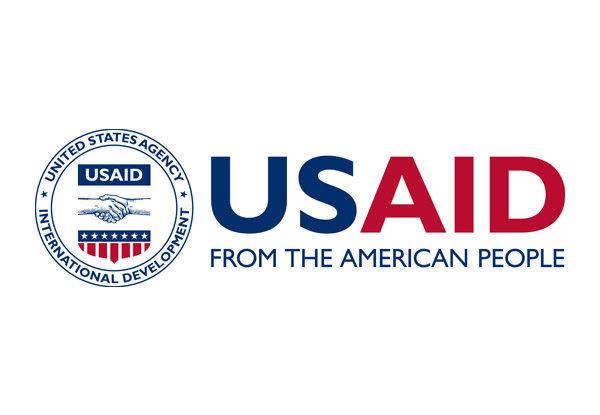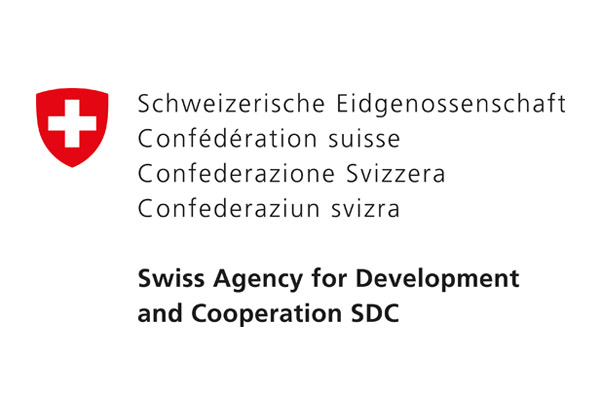About
Overview
We work together to strengthen the capacity of civil society organisations so that they can mobilise and increase the resilience of communities most at risk of disasters.
We’re a global network of civil society organisations in 131 countries. We work together to prevent hazards like floods, droughts, earthquakes and infectious diseases from becoming disasters where people lose their lives, incomes and assets.
To do this, communities must be able to secure the resources, power and capacities they need to adapt to potential hazards and reduce the risks they face.
We listen to communities that are most at risk, strengthen the capacity of civil society organisations, and advocate for risk-informed development and localisation.
Become a member
Join our network and your organisation can participate in a range of opportunities, contribute to achieving our global strategy, and access our exclusive members website. Membership is free and open to all civil society organisations.
JOIN GNDRListening to at-risk communities
The people that are most at risk of disasters are often the poorest, living in the most vulnerable places and nearly always excluded from political, social and economic structures that should exist to support them. The only way this can change is if communities are listened to, if they are involved in decisions about the use of resources and have the capacity to change their situation. And not just at the local level – the experiences of communities most at risk must inform national and international decisions.
Our members are NGOs, charities, community groups and nonprofits, mostly from the global south and often working directly with their local communities. Our collaborative work aims to support at-risk communities so they can lead changes themselves. So they can take part in decision-making processes, access resources, protect their environment and reduce the threat of losing their lives, homes and jobs to another disaster.
Views from the front line
Read about our flagship Views from the Frontline project that gathers the perspectives of at-risk communities in 50 countries.
Read moreStrengthening the capacity of civil society organisations
At the local level, the role of civil society organisations is to convene stakeholders – communities, local authorities, the private sector and others – so that development decisions take into consideration the perspectives of communities most at risk. At the national level, civil society organisations then collaborate in order to influence policies and practices.
Our capacity strengthening work builds the collaborative and individual skills and experience of civil society organisations to carry out this role. We do this by offering member organisations opportunities to implement risk-informed development projects in their country and take part in capacity strengthening initiatives.
Civil society organisations benefit more from collaboration than competition. That’s why we work to ensure they have the necessary skills and capacities to work together and build partnerships.
As an example, our Views from the Frontline programme is implemented by 230 member and partner organisations working with over 700 at-risk communities around the world.
As part of our programmes we often produce new resources, research, toolkits and policy papers that are publicly available for civil society organisations to use in their work.
Practical resources
Our resource library is filled with practical, best practice resources that support civil society organisations to deliver risk-informed development.
Read moreAdvocating for risk-informed development and localisation
As a global network of civil society organisations we collaboratively advocate for development to be risk-informed.
That means prioritising the risks faced by communities living in the most vulnerable situations. Governments, the private sector, institutions and local actors must all take into account the risks faced by communities when designing and delivering development plans and actions.
Localisation is essential to ensuring development is risk-informed. Sustainable development cannot be achieved without local level leadership. Localisation means ensuring communities, organisations and local authorities have the capacities and resources to decide how to strengthen their own resilience.
GNDR member organisations are part of a global movement for localisation – with an ambition to turn traditional hierarchical global thinking on its head.
The role of the GNDR secretariat is to help bring local and national policy recommendations – led by our members – to the global conversation with international agencies and governments. The secretariat links and connects member organisations, and coordinates global collaborative advocacy. It also represents the network by publishing and sharing member-led policy positions and advocacy messages in line with our strategy.
Our advocacy messages
Our advocacy activities are structured around a set of key policy messages, which form the basis of our engagement at national, regional and global level.
Read more


